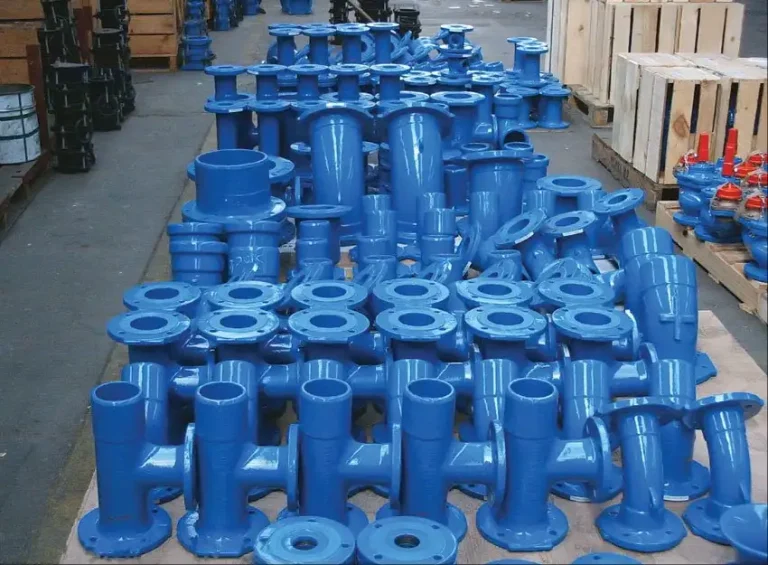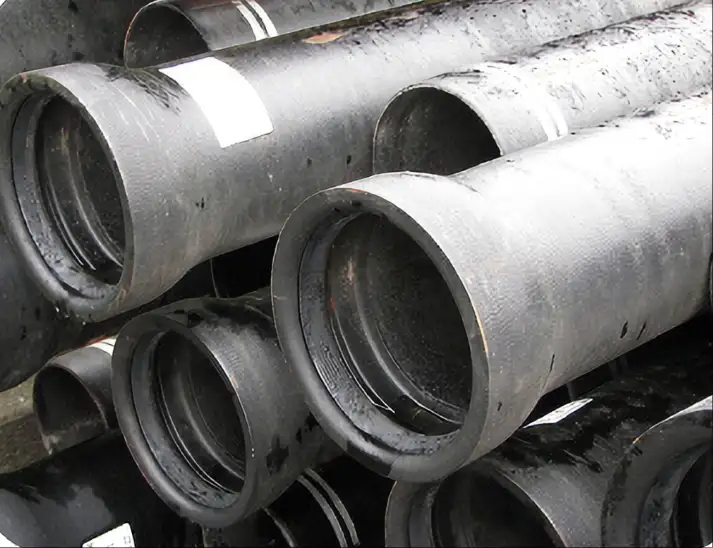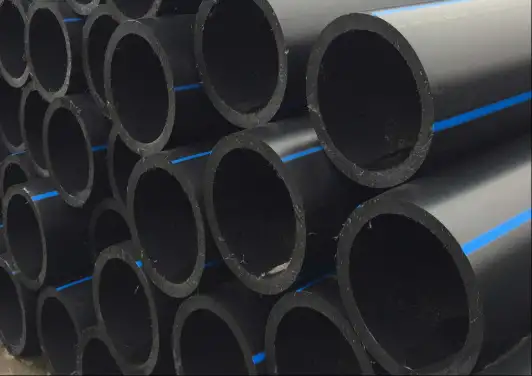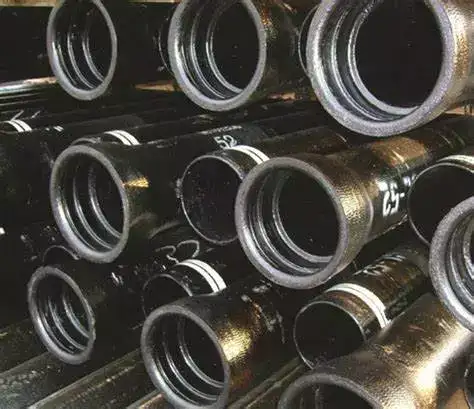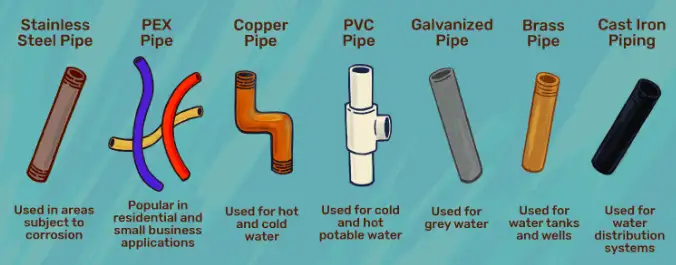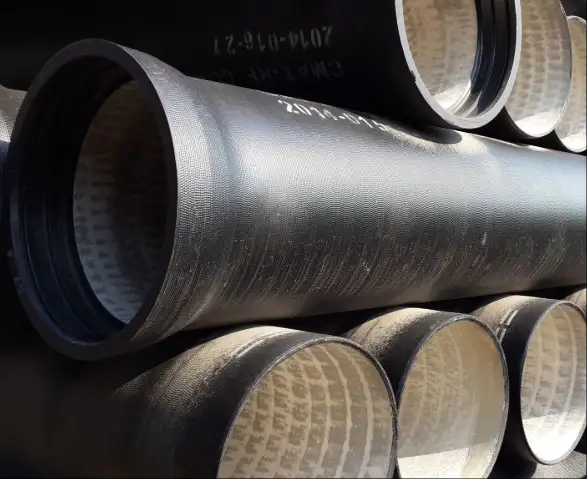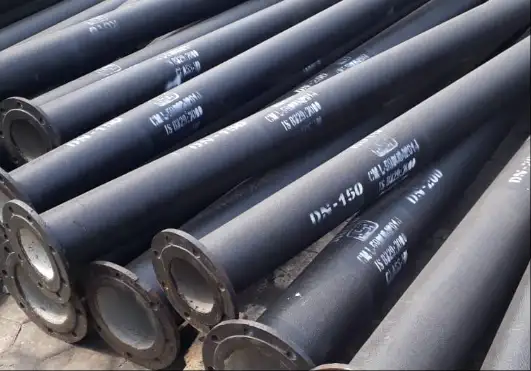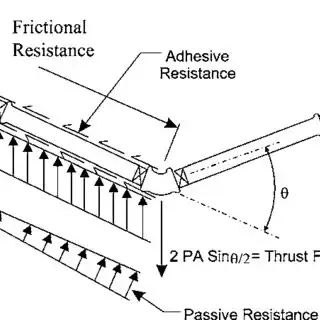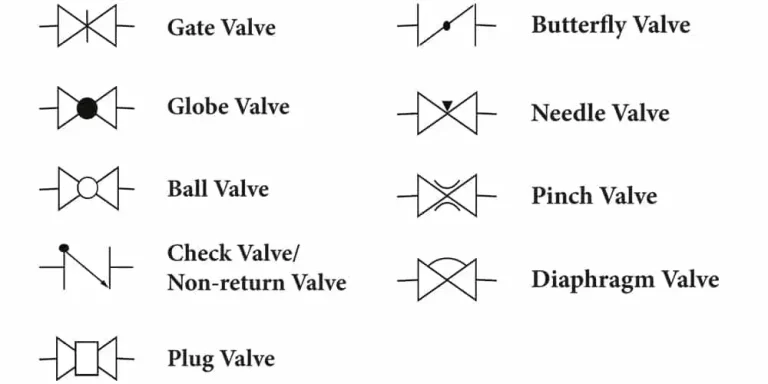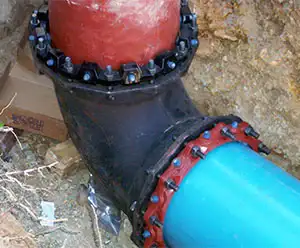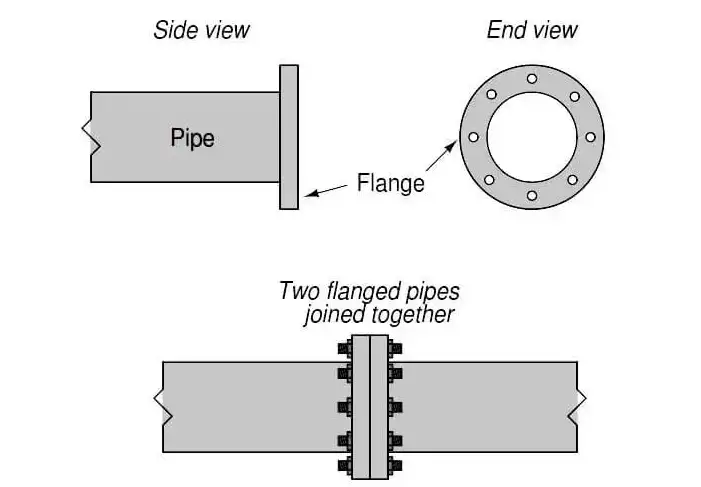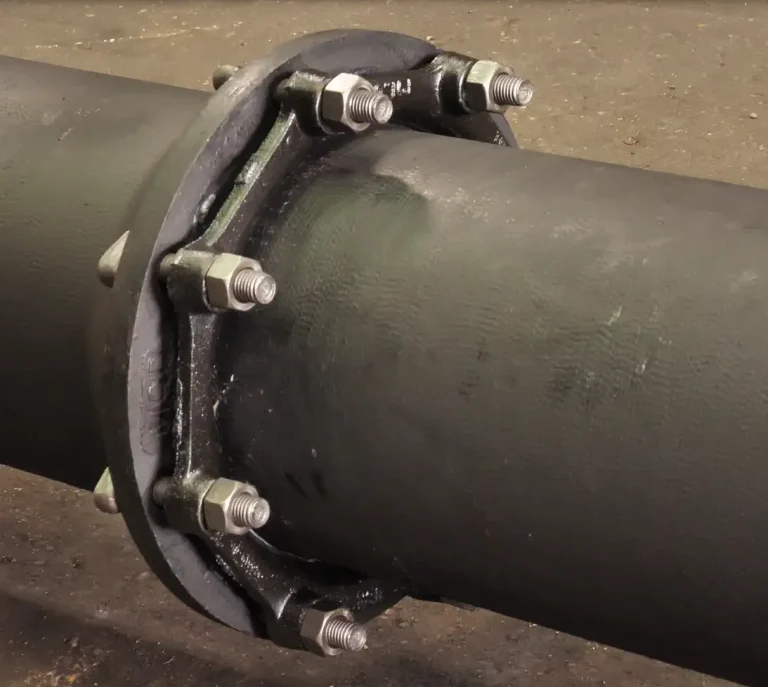News
2025-04-30
Ductile iron pipe fittings play a vital role in ensuring the durability and performance of water distribution systems, sewage systems, and industrial piping networks. Known for their strength, flexibility,...
2025-04-30
When it comes to plumbing a toilet, selecting the appropriate pipe material is crucial for ensuring durability, efficiency, and compliance with local building codes. The choice of material impacts installation...
2025-04-30
When it comes to plumbing, choosing the right type of pipe is crucial for ensuring the longevity, safety, and efficiency of your water supply and drainage systems. The market offers a variety of materials,...
2025-04-30
Ductile iron pipes (DIPs) are renowned for their strength, durability, and versatility in various applications, particularly in water and sewage systems. While standard sizes are commonly used, the industry...
2025-04-30
Choosing the right type of water pipe is critical for ensuring the durability, safety, and efficiency of your plumbing system. Whether you’re working on a residential project, a commercial installation,...
2025-04-30
When selecting materials for piping systems, engineers and project managers often face the decision between High-Density Polyethylene (HDPE) and Ductile Iron (DI) pipes. Both materials have distinct properties,...
2025-04-30
A DI (Deionized) water pipe is an integral component in systems that transport deionized water—water that has had its mineral ions removed through a purification process. These pipes are crucial in industries...
2025-04-30
When designing pipeline systems, managing thrust forces is critical to prevent joint separation and ensure long-term structural integrity. The Ductile Iron Pipe Research Association (DIPRA) Thrust Restraint...
2025-04-29
In industrial piping systems, valves play a crucial role in controlling the flow of fluids and gases. Understanding the different types of valves, their functions, and applications is essential for engineers,...
2025-04-29
In various settings, particularly in healthcare, education, and law enforcement, the use of restraints is sometimes necessary to ensure the safety of individuals and others. Restraints are broadly categorized...
2025-04-29
In the realm of piping systems, the selection of appropriate joint types is paramount to ensure structural integrity, leak prevention, and ease of maintenance. Two prevalent types of pipe joints are welded...
2025-04-29
In the field of piping systems, selecting the appropriate joint type is crucial for ensuring the integrity and longevity of the infrastructure. Two commonly used joint types are mechanical joints and push-on...
No posts found

